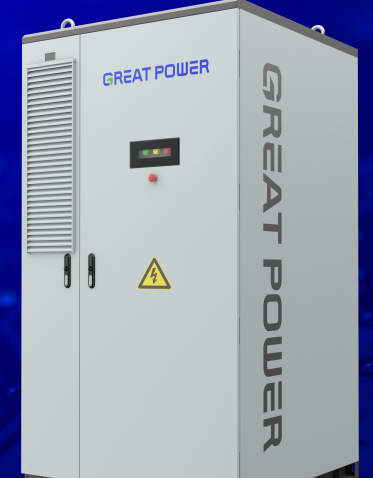What is a PV battery?
by
What is a PV battery?
Struggling with solar power going to waste when the sun isn't shining? A PV battery store excess energy for when you need it most.
A PV battery (photovoltaic battery) stores solar energy from panels for later use, providing power at night or during outages while increasing solar independence and reducing grid reliance (typically 5-15kWh capacity).
The solar revolution isn't complete without energy storage solutions. Let's explore how PV batteries work and whether they're right for your solar setup.
What is the best battery to store energy from solar panels?
Choosing between battery types can feel overwhelming - each has distinct advantages for different solar applications.
Lithium-ion batteries are best for most solar installations (90%+ market share) offering 10-15 year lifespan, 90%+ efficiency, and compact size, though lead-acid remains a budget option for off-grid systems.
Solar Battery Face-Off: Which Technology Wins?
The solar battery market offers several technologies, each with unique pros and cons:
Battery Type Comparison
| Type | Lifespan | Efficiency | Cost per kWh | Best For |
|---|---|---|---|---|
| Lithium-ion | 10-15 years | 95% | $500-$900 | Grid-tied homes |
| Lead-acid | 4-8 years | 80-85% | $200-$400 | Off-grid cabins |
| Saltwater | 5-10 years | 85% | $600-$1000 | Eco-conscious users |
Real-World Example: Our neighbor installed a 13.5kWh lithium battery with his solar array last year. During a recent 8-hour blackout, his refrigerator, lights, and WiFi stayed on while neighbors lost power.
Lithium batteries require less maintenance than lead-acid. True
Lithium batteries are sealed units needing no water top-ups.
All solar batteries can be installed indoors. False
Lead-acid batteries require ventilation due to gas emissions.
Is it worth getting battery storage with solar panels?
Imagine never worrying about blackouts while slashing your electricity bill - that's the battery storage promise.
Battery storage adds 30-50% to solar system costs but provides backup power, increases solar self-consumption to 70-90%, and may qualify for incentives (like the 30% federal tax credit).
Crunching the Numbers: When Batteries Pay Off
Battery storage makes the most financial sense when:
- Electricity Rates: In areas with time-of-use pricing or high peak rates ($0.30+/kWh)
- Outage Frequency: For regions with frequent/long power interruptions (especially medical needs)
- Incentives: Where local rebates stack with federal tax credits
| Payback Period Scenarios: | Situation | Typical Payback |
|---|---|---|
| No incentives | 12-15 years | |
| With 30% ITC | 8-12 years | |
| California SGIP + ITC | 5-7 years |
My cousin in Texas recouped his battery investment in just 6 years after multiple grid failures made backup power invaluable.
Batteries increase solar system value by 4-6%. True
Studies show solar+storage homes sell at premiums.
You need batteries to benefit from solar. False
Grid-tied systems work without storage, just less independently.
What is the cheapest way to store solar energy?
On a tight budget but want solar storage benefits? Affordable options exist with smart compromises.
Used EV batteries ($100-$200/kWh) offer the cheapest storage (50-70% less than new), while lead-acid provides reliable backup for 60% less than lithium-ion alternatives.
Budget-Friendly Storage Strategies
Low-Cost Storage Options
-
Second-Life EV Batteries
- Nissan Leaf batteries repurposed for solar
- 5-7 year remaining lifespan typically
- DIY kits available ($3,000 for 10kWh)
-
Flooded Lead-Acid
- Half the cost of lithium upfront
- Proper maintenance can extend life to 7 years
-
Partial Home Backup
- Only powering essential circuits reduces battery size needed
- Critical loads panel (fridge, lights, modem) cuts costs 40%
| Cost Comparison | Option | 10kWh System Cost |
|---|---|---|
| New Lithium | $8,000-$12,000 | |
| Used EV | $3,000-$5,000 | |
| Lead-Acid | $4,000-$6,000 |
A friend installed used Tesla modules in his garage - slashing his storage costs by 65% while maintaining good performance.
Used batteries always come with warranties. False
Most second-life batteries are sold "as-is".
Lead-acid works for partial home backup. True
Often used for essential circuits in budget systems.
Conclusion
PV batteries transform solar systems from daytime generators to 24/7 power solutions, with options ranging from premium lithium to budget-friendly used EV or lead-acid configurations.
Popular Posts
You may also be interested in:




